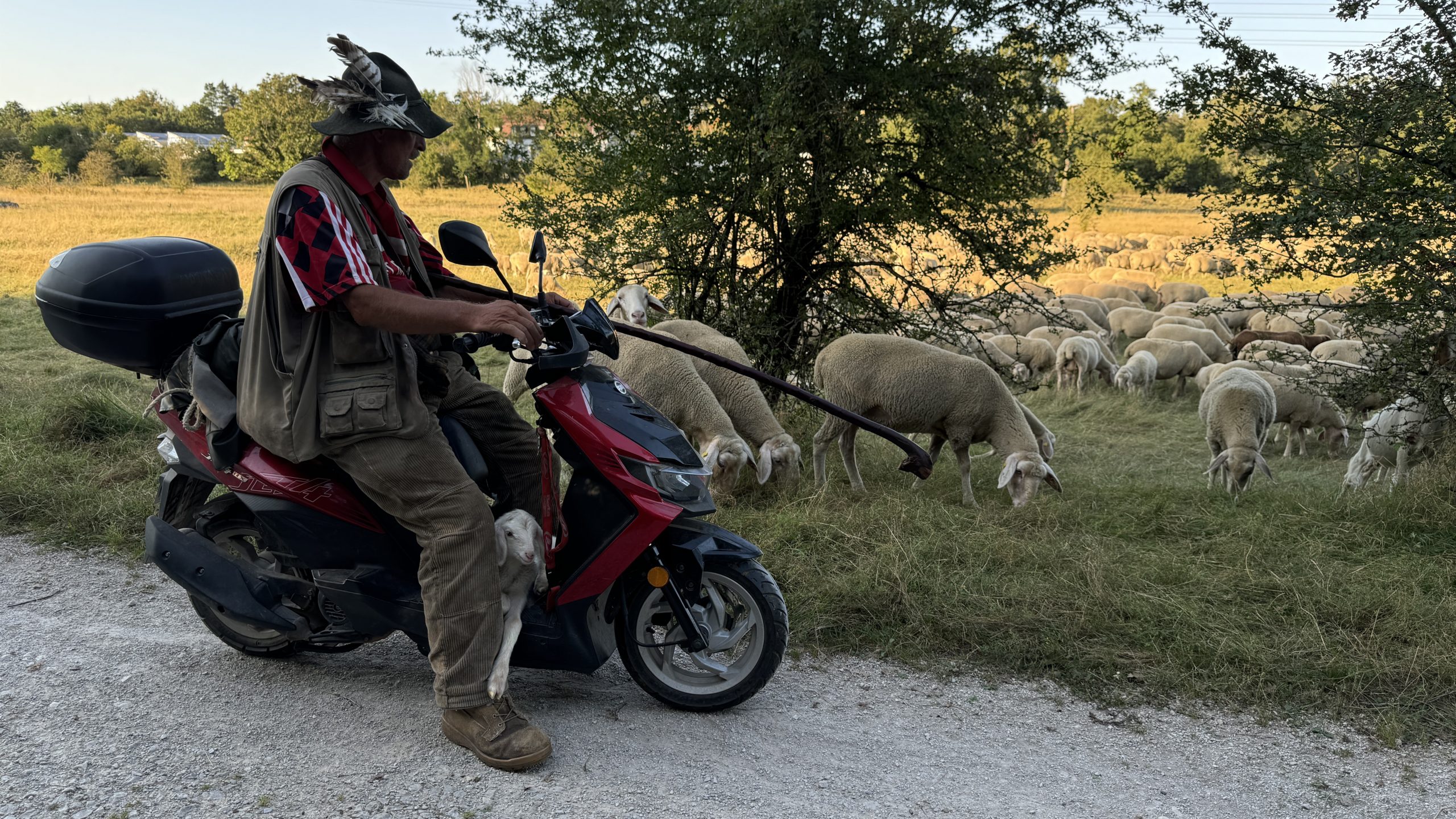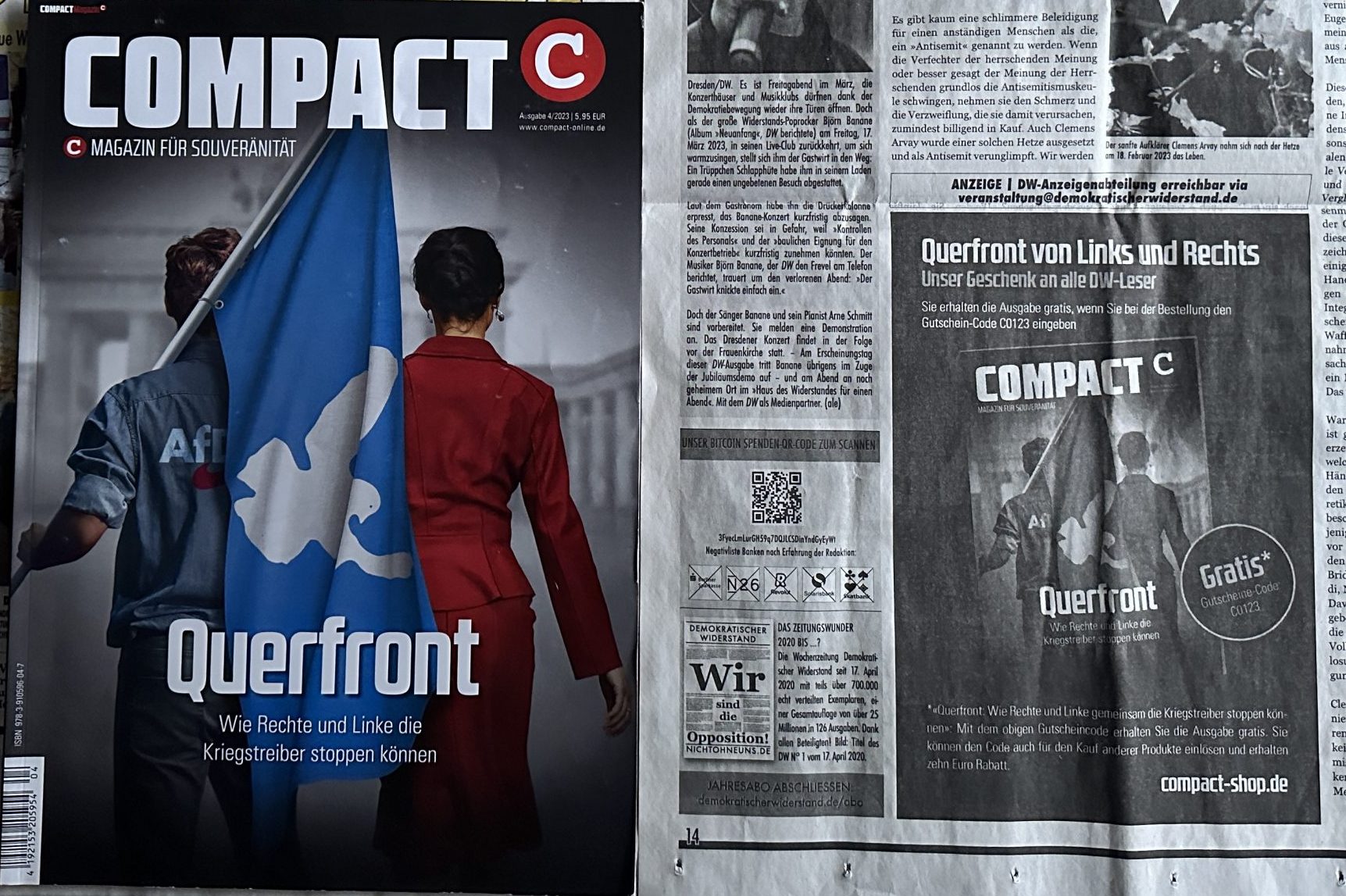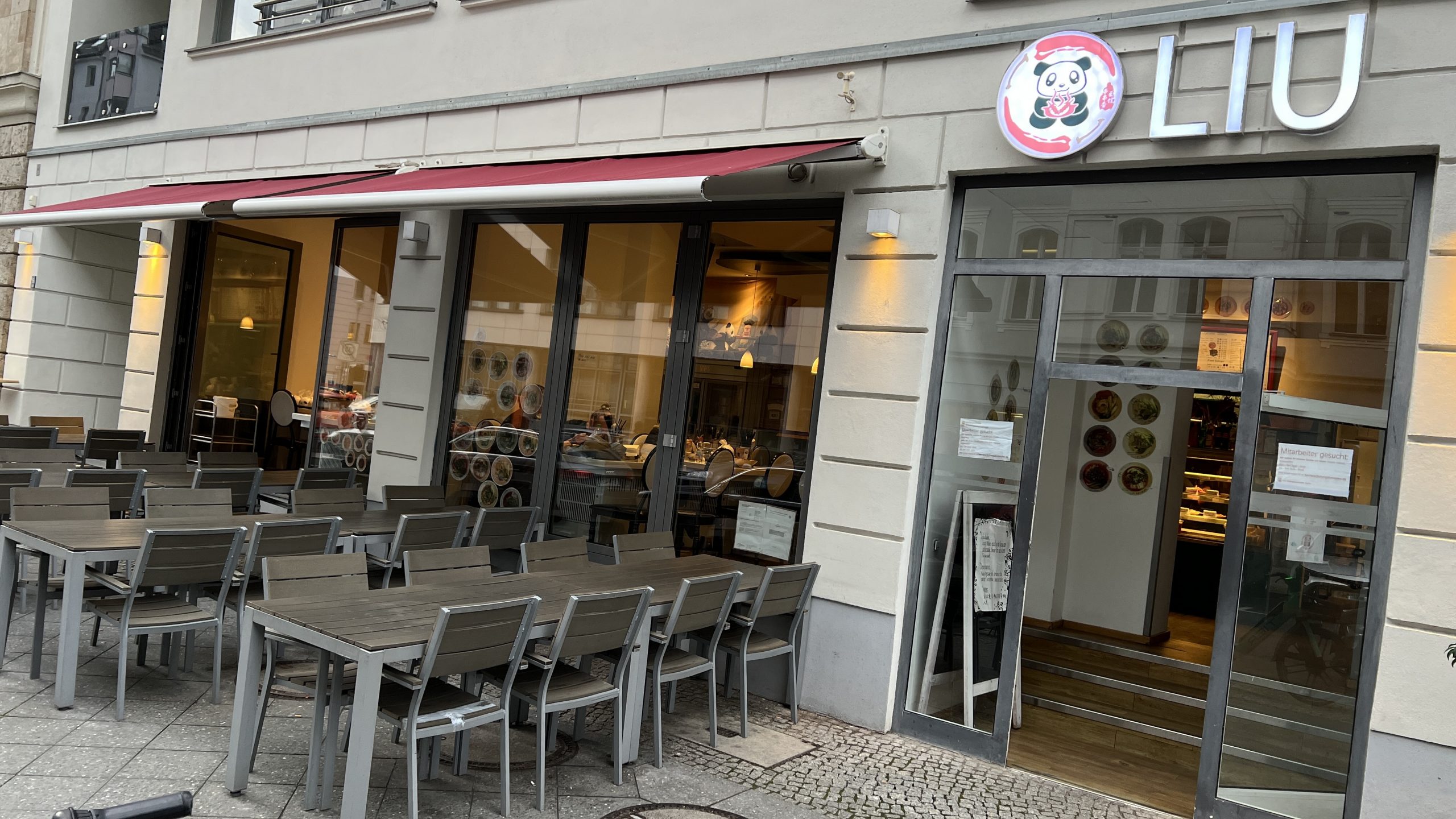The warmth and the humanity of the Sudanese people are unique
Werner Daum is a retired university professor and a former German diplomat. Last December, he visited Sudan. In the following interview with German journalist Martin Lejeune, Daum speaks about his visit to Khartoum.
Martin Lejeune: You have been to Sudan, recently. Would you share some of your impressions with us?
Daum: Yes, in December last, I spent a week in Khartoum. I hadn’t been there for almost 20 years, but it was like coming home. As the saying goes: He who drank from the water of the Nile will always return! Well, I spent four whole years of my life in Sudan. In the late 90s, I was the German ambassador there.
The warmth and the humanity of the Sudanese people – whatever their background or their political affiliation – are unique. As a diplomat and ambassador, I lived in many places – but the people of Sudan occupy a very special section of my heart!
Martin Lejeune: What is it what made you fall in love with Sudan?
Daum: Maybe the key is that I love everything connected with the Arab world. Not so much those Arabs who want to imitate us, those, who wish to behave like us, wish to live like us, but rather those who live in harmony with their traditions.
With “traditions”, I mean: being part of, and participating in a great civilisation. That is the civilisation of Islam, and the civilisations that preceded the coming of Islam. Human beings are naturally endowed with a need to connect with the above, with the divine, and through the divine with all other human beings.
Umaya bin Abi Salt has expressed this in the immortal words of his poem:
إذا كان أصلي من تراب
فا لارض كلها بلادي
وكل العالمين أقراب
This may well be the most powerful, the most human, the most beautiful poem of all times and of all languages.
Martin Lejeune: You just mentioned the Sudanese civilisations before the coming of Christianity and Islam. Can you be a bit more explicit?
Daum: Oh yes, but you must stop me at some point. I love this subject so much; I would not stop by myself! Sudan is the birthplace of civilisation in the Nile valley. This was indeed the subject of my lectures in Khartoum; I will return to it later. There are glorious remains of all these ancient civilisations everywhere in Sudan. I was happy to be able to visit the two Meroitic sites of Musawarat al-Sufra and of Naga again. Of course, I know them almost by heart, with their temples and beautiful reliefs, and their inscriptions in Meroitic, a language related to Nile-Nubian and Nuba-hills Nubian.
But the civilisations in Sudan also comprise a very rich oral heritage. For instance, the Dinka and the Nuer, many of them still at home here in Khartoum, they are a deeply religious people. Theirs is a monotheistic religion, a very ancient one. They believe in one God, who created heaven and earth, and who created the humans. They call him Nhialic, “The One Above”.
Martin Lejeune: Specifically, what did you do during your stay in Khartoum?
Daum: I had the great privilege of lecturing to students of the International University of Africa and of the venerable University of Khartoum. The students were keen, intelligent. I envy their teachers! I met with great intellectuals, such as Hassan Makki. When my car drove through a busy street, it was with great excitement and enormous pleasure that I noticed it was named after the late Abdallah al-Tayeb, the great intellectual, linguist, and collector of folktales. I had the privilege of being acquainted with him.
In my lectures, I focussed on the origins of civilisation in the Nile valley. This is connected with the once Green Sahara. When the Sahara became the desert it is today, about 7000 years ago, its inhabitants moved to the Sudanese part of the Nile valley. From here, civilisation moved northwards, into Egypt. The Semitic languages also have their origin in Sudan.
Martin Lejeune: Whom else did you meet?
Daum: I gave a talk at the Sudan Film Factory about Contemporary Art in the West. Many Sudanese artists were present, some of them agreeing with my argument, others disagreeing. It was wonderful and refreshing! Amongst the audience was Rashid Diab, who is no doubt one of the greatest painters of our time. A propos of “Film Factory” and the recent success of the Sudanese film at the Berlin Festival: I do hope that cinemas will soon open again in Khartoum. It happened now even in Saudi-Arabia. Islam encourages man to develop intellect and knowledge, and to enjoy the arts, music, paintings, and, of course, cinema!
Martin Lejeune: How do you see the current situation in Sudan?
Daum: Sudan obviously faces a difficult period. The economy is in very serious conditions. The reasons are manifold and I would not know how to fix it and how to provide the people with what they need. Compromises are necessary. In addition to this, the Sudanese are a people very much engaged in politics, and many strata of the society wish to be heard. Passions run high, as they always did.
I very much hope that courageous dialogue will help to address the grievances. If everybody speaks out in front of everybody else, this may help to clarify things.




